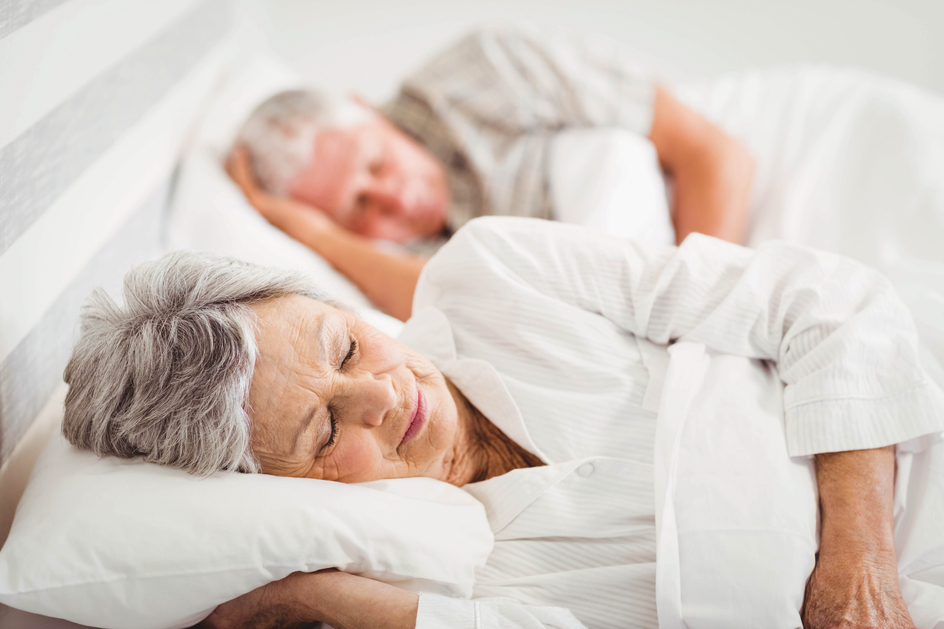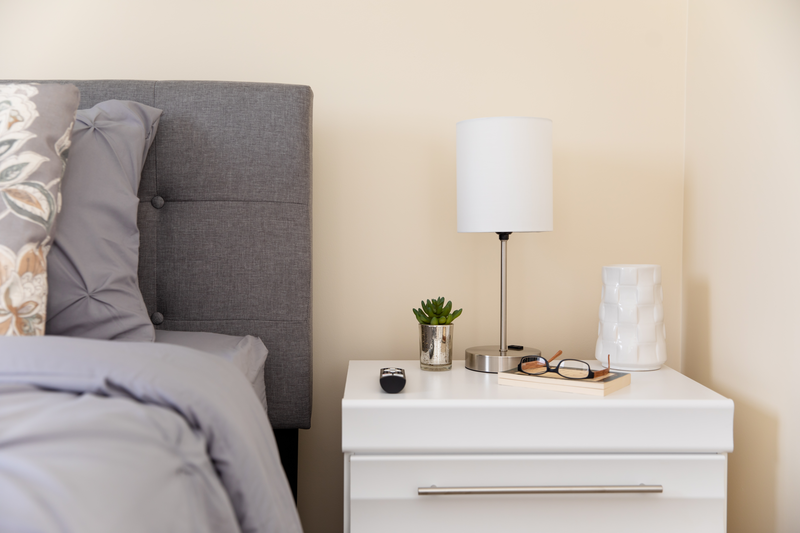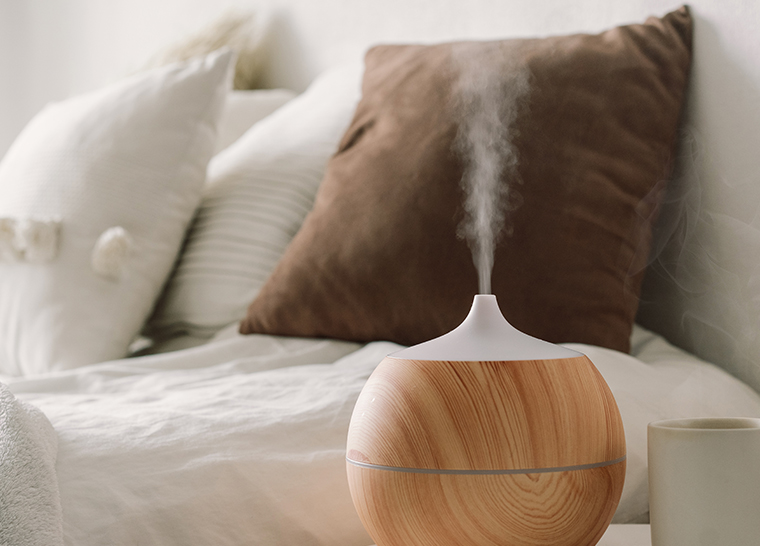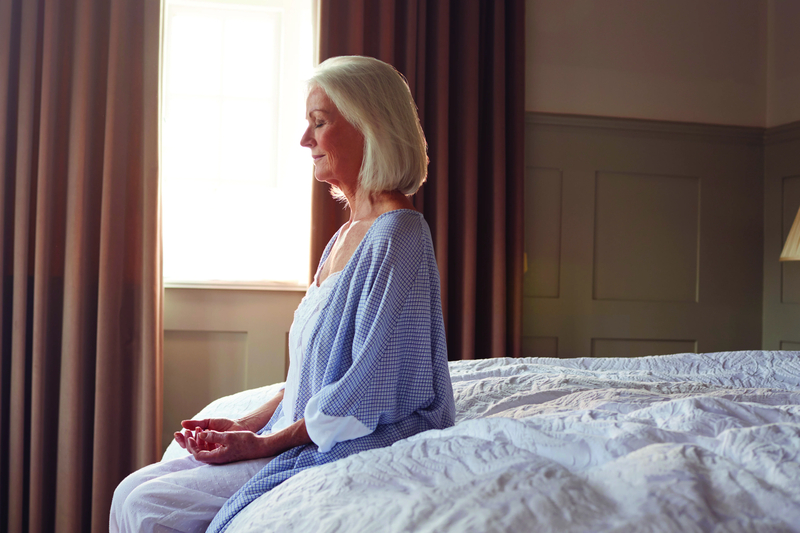
A good night's sleep is one of the simplest ways to feel your best — at any age. But as we get older, falling and staying asleep can become more challenging.
The good news? Small changes to daily habits can make a big difference. By understanding why sleep matters and adopting simple, effective strategies, seniors can enjoy more restful nights — and more energized, fulfilling days.
Why sleep matters for seniors
Nearly half of all seniors struggle with sleep disturbances, with insomnia being one of the most common complaints. Poor sleep doesn't just leave us feeling tired — it can affect memory and mood.
The Maastricht Aging Study finds that interrupted sleep can speed up cognitive decline, making quality rest essential for preserving brain health. Many seniors also suffer from weak immunity and sleep plays a critical role by generating cells that help defend against infections like the flu — which can be particularly severe for older adults.
Despite how common sleep issues are, they are often dismissed as a normal part of aging — but that doesn't have to be the case. Keep reading for five tips that can help support a restful night’s sleep.
1. Establish a consistent bedtime routine

Going to bed and waking up at the same time every day helps regulate your body's internal clock and sets your ‘circadian rhythm,’ making it easier to fall asleep and wake up feeling refreshed.
By following a consistent routine, we can improve sleep efficiency and reduce nighttime awakenings — a concern for many seniors.
Habits such as dimming the lights, lighting a calming candle, or engaging in a quiet activity like reading, signal to the body that it’s time to wind down. It’s also helpful to stop drinking water at least two hours before going to bed, to avoid frequent bathroom trips during the night.
2. Create a sleep-positive environment

How your bedroom looks and feels is good indicator of how seriously you take your sleep. According to recent studies, the optimal room temperature should be approximately between 15.6°C to 19.4°C. Body temperatures naturally drop as we fall asleep, so a cooler room environment is ideal for quality sleep, as it helps you settle into and sleep throughout the night. Accompanied by a dark and quiet bedroom, this creates the perfect setting for restorative sleep.
It’s worthwhile to invest in quality sheets and other upgrades. Cotton sheets are ideal for everyone since they are breathable, soft, and hypoallergenic and help regulate the body. Linen sheets are recommended for hot sleepers, since they help air circulate and draw moisture away from the skin. Bamboo sheets are perfect for people who sweat at night, since they are naturally hypoallergenic, antimicrobial, and breathable.
Additional tips include the option to install blackout curtains to restrict morning (and other) light. Aromatherapy with calming scents such as lavender further promote relaxation.
What you wear to bed also affects how you sleep, so opt for loose-fitting clothing made from breathable, natural fabrics like cotton, silk or bamboo. By customizing your sleep environment to your preferences, you can help your body and mind recharge for the day ahead.
3. Unplug and wind down before bed

What you consume before bedtime can significantly impact sleep quality. Contrary to popular belief, alcohol is detrimental to restful sleep and a leading cause of insomnia, so it's best to avoid alcohol at least three hours before bedtime. Caffeine and large meals close to bedtime can overstimulate the body and make it harder to fall asleep.
Scrolling through our phones or watching TV before bed is a guilty pleasure many of us indulge in, but screens emit blue light that suppresses melatonin production, a hormone essential for sleep. It’s important to turn off screens at least an hour before bed to give your body a chance to naturally wind down.
4. Stay active during the day

Get up and move. Such simple advice and yet, it has a profound impact. Daily exercise is essential in promoting better sleep. Whether it’s walking, swimming, or light stretching, exercise improves sleep quality. It also increases the production of endorphins and helps reduce anxiety — both of which support more restful sleep.
It's best to workout earlier in the day, as exercising too close to bedtime can have a stimulating effect. Incorporating daily movement into your routine is a win-win! Not only will it positively impact your sleep but it will improve your overall physical and mental well-being.
5. Mindful relaxation techniques

Managing stress and calming the mind before bed can be a game changer when it comes to the quality of sleep.
Gentle practices such as yoga, meditation, or deep breathing exercises can promote a sense of calm, easing tension and preparing the body for rest. Guided meditation apps or soothing music playlists can provide helpful tools to foster relaxation.
Also, journaling has been scientifically proven to reduce activity in the amygdala, the part of the brain associated with fear and stress. Following these mindfulness techniques will encourage a slower heart rate and a more relaxed state, making it easier to drift off.
6. Manage night-time worries

Trouble falling asleep due to an active mind or waking up in the middle of the night with anxious thoughts can happen, but our response can determine whether we fall asleep or back to sleep quickly or stay awake. Instead of tossing and turning, try using a journal to "brain dump" your thoughts. This could be worries, a to-do list, or just thoughts keeping you awake — getting them out of your head and onto paper can help relieve stress and make it easier to fall back asleep.
You can also use your journal to list things you are grateful for and focus on positive moments from the day. Studies show that you can’t feel gratitude and anxiety at the same time, so shifting your thoughts to what you’re thankful for can help quiet your mind and improve sleep.
If you still can't fall asleep, try getting out of bed and engaging in a calming activity like reading or deep breathing exercises in low lighting. Avoid turning on bright lights as this can further stimulate the brain.
Address potential health issues

If you’ve been struggling with sleep for a while and it’s affecting your daily life, it might be time to check in with your doctor. Sleep problems can sometimes be linked to underlying health issues or medication side effects, and a doctor can help investigate and offer possible solutions.
At Amica Senior Lifestyles, we understand the unique needs of seniors and offer a range of services designed to enhance quality of life. Our communities are designed to support holistic wellness, including rest and relaxation. With thoughtfully designed living spaces, personalized care, and engaging social programs that foster purpose and joy, we create an environment where residents and their loved ones can feel truly at ease. Our dedicated team cultivates a warm and supportive atmosphere where seniors can thrive, build friendships, and rest easy knowing they are in caring hands.
Visit our residence pages to book a tour today.
Disclaimer: The information provided in this guide is for general informational purposes only and should not be considered professional advice. Always consult with a qualified professional for specific concerns related to sleep.
